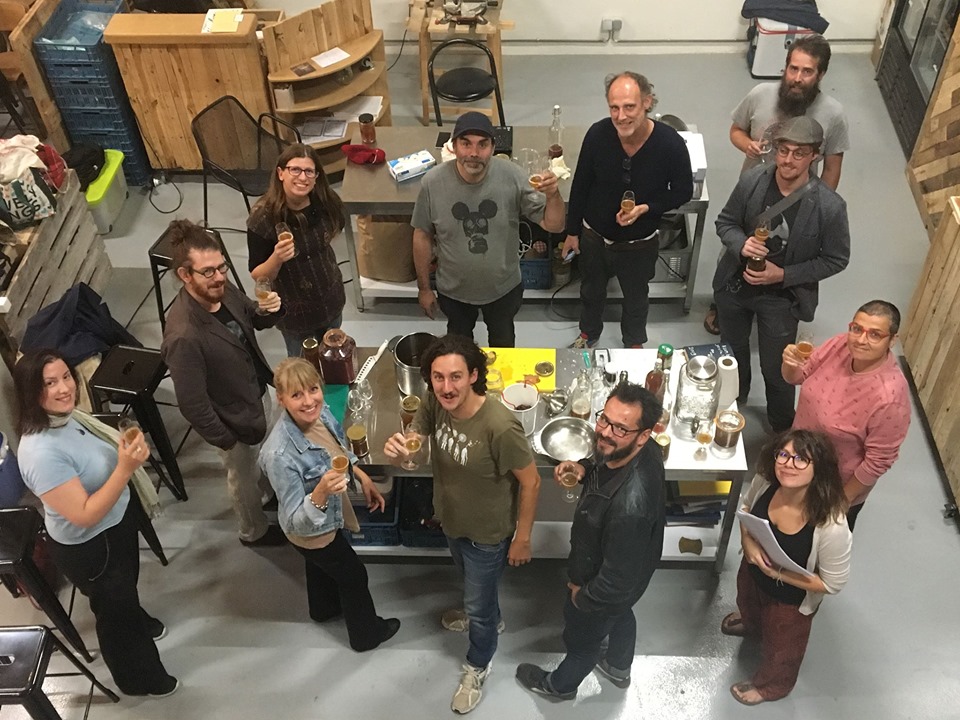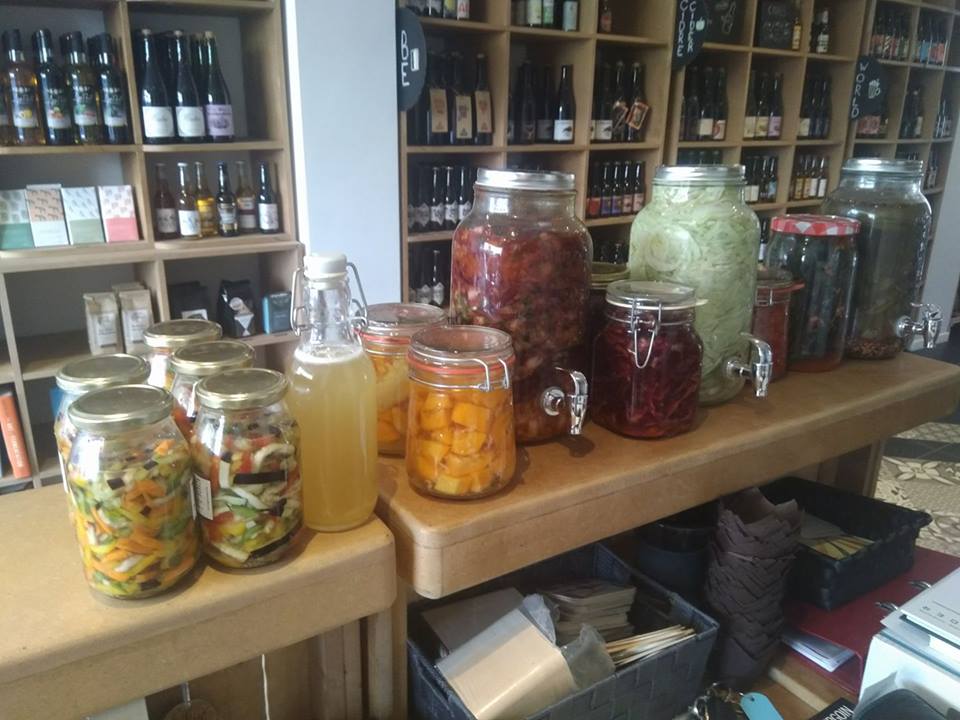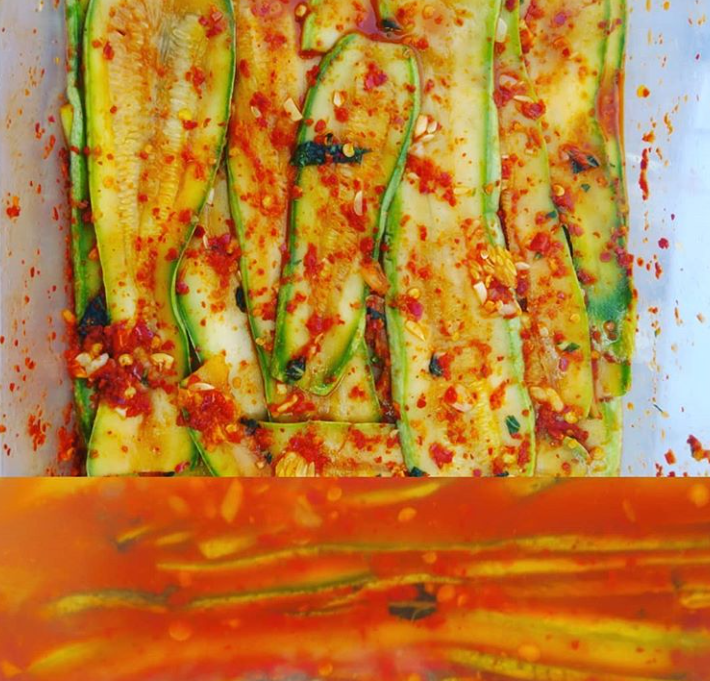Catégorie : Introduction To
-

Introduction to … Saké
Discovering Saké Saké, often called “rice wine,” is a beverage deeply rooted in Japanese culture and tradition. Its production is a meticulous craft that combines natural ingredients, time, and skill to create a drink that can be crisp, sweet, dry, or umami-rich. For centuries, saké has been a ceremonial and everyday drink in Japan, gaining…
-

Introduction au … Vinaigre
Introduction Bienvenue à notre atelier sur le monde fascinant du vinaigre ! Le vinaigre, dérivé des mots français « vin aigre », est l’une des substances les plus anciennes et polyvalentes connues de l’humanité. Depuis sa découverte accidentelle il y a des milliers d’années, jusqu’à son utilisation dans les cuisines, les armoires à pharmacie et même les produits…
-

Introduction to … Water Kefir (by Louis-Guy)
INSTRUCTIONS FOR FRUIT KEFIR revised and expanded version 20230404a, Louis-Guy SERVOTTE louisguy@gmail.com Machine Translated text (DeepL) Equipment Required A glass jar or wide-mouthed bottle (allowing you to put in and easily recover a slice of lemon and a fig), generally 0.5L to 1L for personal daily consumption Paper towels (=sopalin for our friends across the…
-
Introduction to… Your first steps into Kombucha
How to start your first Kombucha batch First to feed the Scoby and make him wake up make the tea: – 5g of tea (black, white or green) – 100g of sugar – 1 liter of water Let it cool to room temperature and add the scoby. Now as last you add the backslop (the…
-
Introduction To … Circular Fermentation
After a year of researching about adapting koji fermentation to zero waste products we started to find certain paterns in the way fermentation helps at saving often looked over parts and transform them to wonderful tastemakers. Here are a couple of starter tips that can be implemented in any type of kitchen, What’s left of…
-

Introduction au … Kombucha
Qu’est-ce que le Kombucha ? Cette boisson unique a des origines en Asie et était déjà brassée en Chine il y a plus de 2000 ans. Avec l’expansion du commerce mondial et des échanges culturels, le kombucha a fait son chemin vers la Russie, l’Allemagne, et finalement l’Amérique du Nord après la Seconde Guerre mondiale,…
-

Introduction To … Lactofermenting Hot Sauces
Hot Sauces, for those that love it like we do, is a bit of a drug: you always want more flavour. While the range of fermented hot sauces isn’t quite large in Belgium, making it yourself is a piece of cake. You only need some basic lacto fermentation knowledge and a good supplier of…
-

Introduction to … Lactofermentation through dry salting & with brine
Lactofermentation: A Beginner’s Guide to Preserving Flavor and Nutrition The Historical Roots of Fermentation Fermentation may seem like the latest culinary trend, but it’s actually an ancient art. For millennia, cultures worldwide have harnessed the power of microbes to preserve their harvests. From the vineyards of ancient Mesopotamia to the cabbage fields of Europe and…
-

Introduction to … Tsukemono
A Brief History of Tsukemono Tsukemono, meaning “pickled things” in Japanese, has been a staple in Japanese cuisine for centuries. Originally developed as a method of preserving vegetables in the absence of refrigeration, tsukemono has evolved into an art form. These pickles were traditionally made using simple techniques such as salting, fermenting, or soaking in…
-

Introduction to … Kimchi
Kimchi: A Global Fermentation Favorite Kimchi, often seen as the spicier and more colorful sibling of sauerkraut, has steadily gained popularity in kitchens and restaurants worldwide. With its bold flavors and versatile applications, it’s no wonder kimchi is a staple side dish in Korea, served with every meal. Learning to make your own kimchi is…